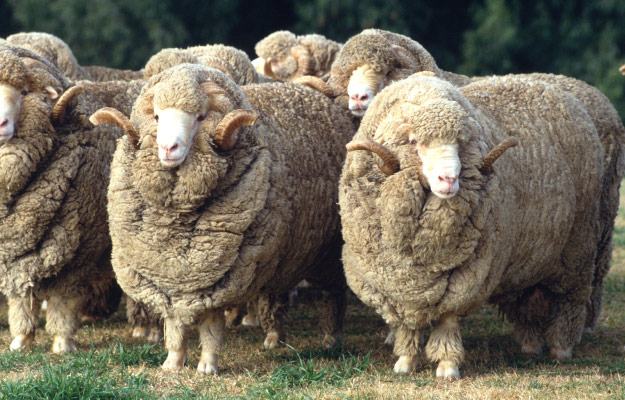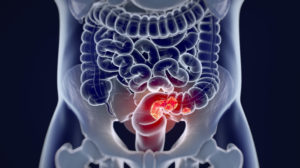The epigenetic clock tool, invented by Horvath, precisely estimates chronological age, known as ‘DNAm age’ or ‘epigenetic age.’ Using only DNA methylation data, it also identifies novel factors influencing the aging rate.
Lifespan in mammals, including humans, is sex-dependent and females generally have the advantage of living longer than men. The mechanisms behind this are relatively unclear and unexplored. Though sex hormones, androgens, and estrogens, are likely to influence aspects of the aging process.
Historically, studies on castrated rodents, cats, dogs, and even 20th-century Korean eunuchs have all reported epigenetic alteration and longer lifespans.
The University of Otago in New Zealand has led a study researching the effects on the aging of DNA of castrated male sheep. The study was unique in that researchers have specifically isolated the effects of male hormones on aging.
Read the original publication of this study here: [Castration delays epigenetic aging and feminizes DNA methylation at androgen-regulated loci]
Learn about the link between castration, male hormones, and sex-specific differences in DNA aging and epigenetic alteration.

Castration delays epigenetic aging and feminizes DNA methylation at androgen-regulated loci
The team of researchers developed the first domestic sheep epigenetic clock, which was able to measure chronological age within a 5.1-month median error rate.
It was found that females and males have different DNA patterns of DNA aging (in sheep). Male sheep that were castrated had feminine characteristics at specific DNA sites.
They not only found that castration affects the epigenome, but the methylomes of castrated male sheep show reduced epigenetic aging compared to intact male and female counterparts. Specifically, several androgen-sensitive CpG dinucleotides were identified as becoming progressively hypomethylated with age in intact males but remaining normal in castrated males and females.
These epigenetic alteration findings provide a credible mechanistic link between levels of sex hormones and sex-dependent aging.
Because sheep represent a valuable large animal model for human disease and share with humans more similar anatomy, body size, reproductive lifestyle, and genetics as compared with commonly studied rodents, the findings of this study could also apply to humans.
Takeaways:
- Castrated male sheep have a decelerated aging rate compared to intact males, mediated at least in part by removing androgens.
- There is a clear link between castration, male hormones, and sex-specific differences in DNA aging.
- The same principles could apply to humans as well.





